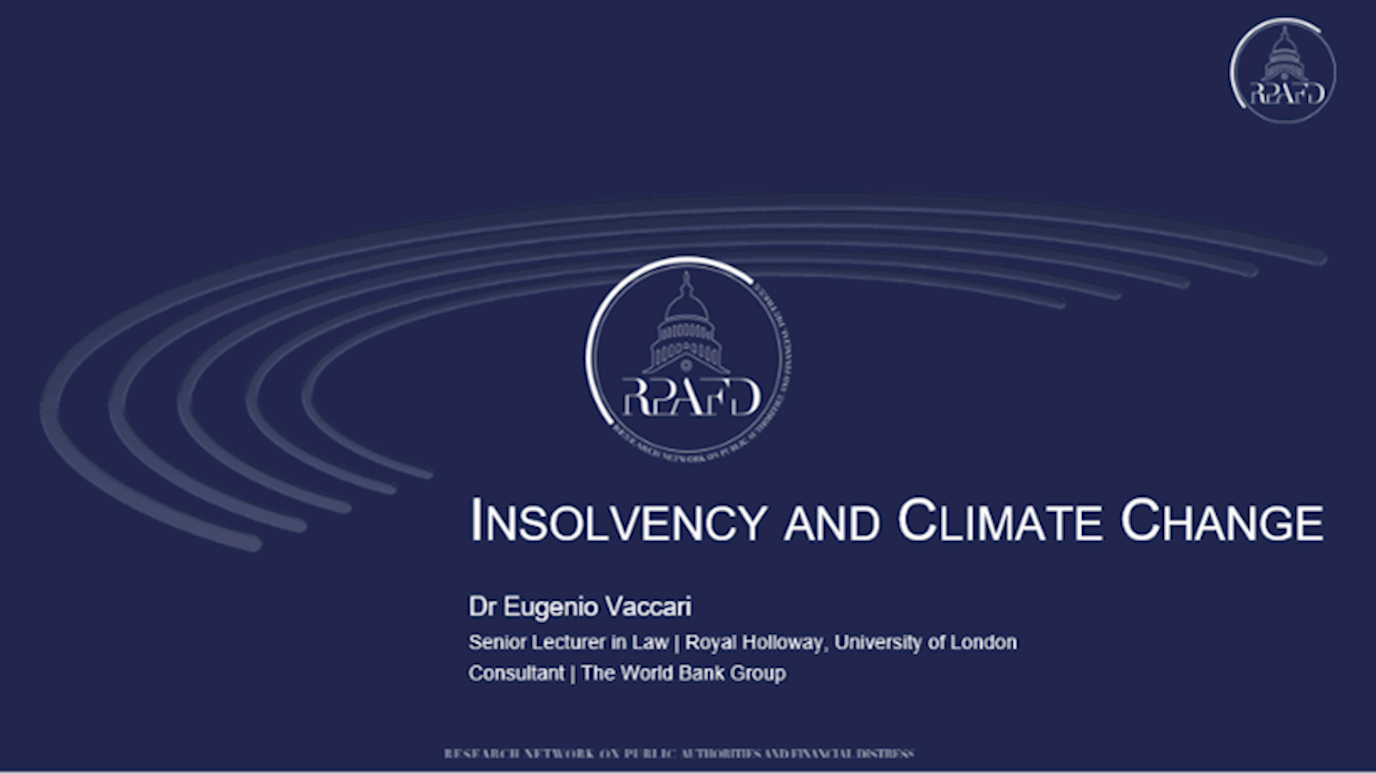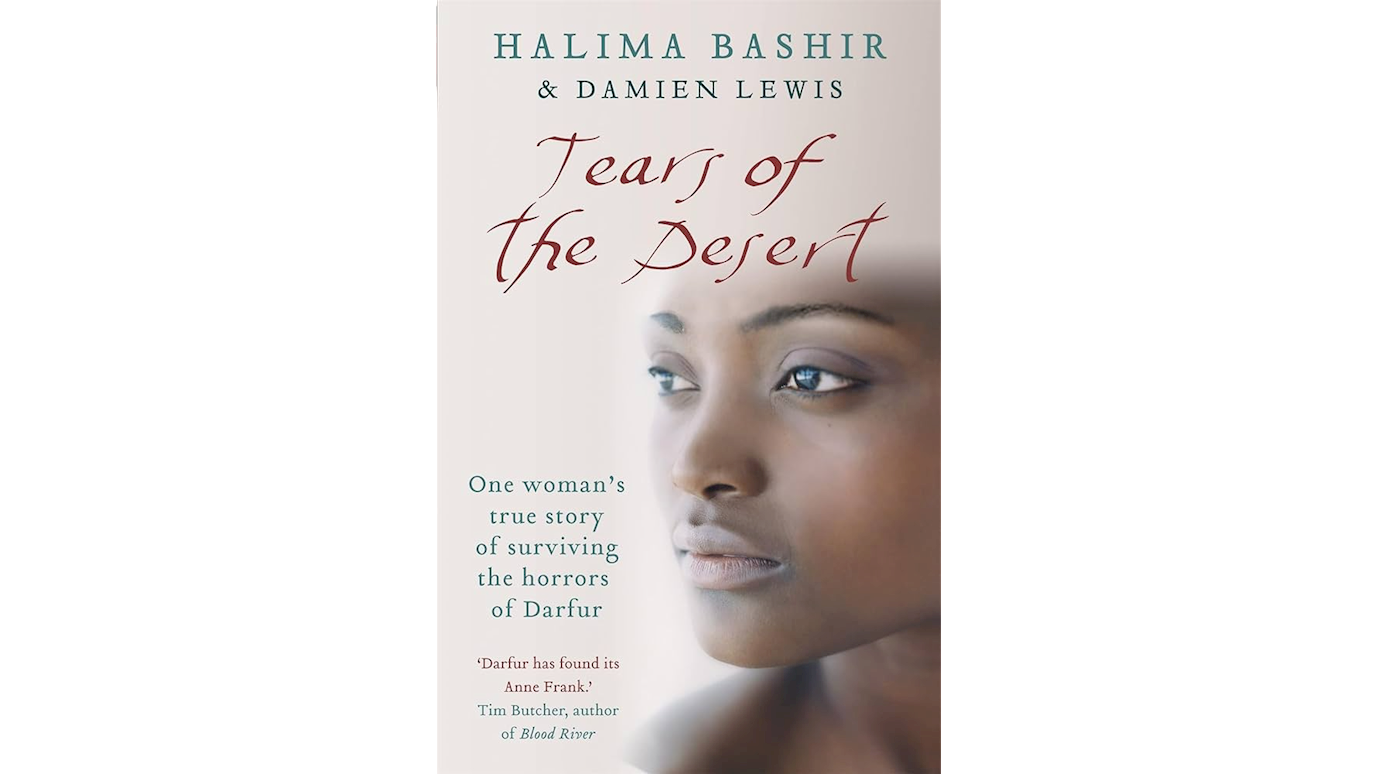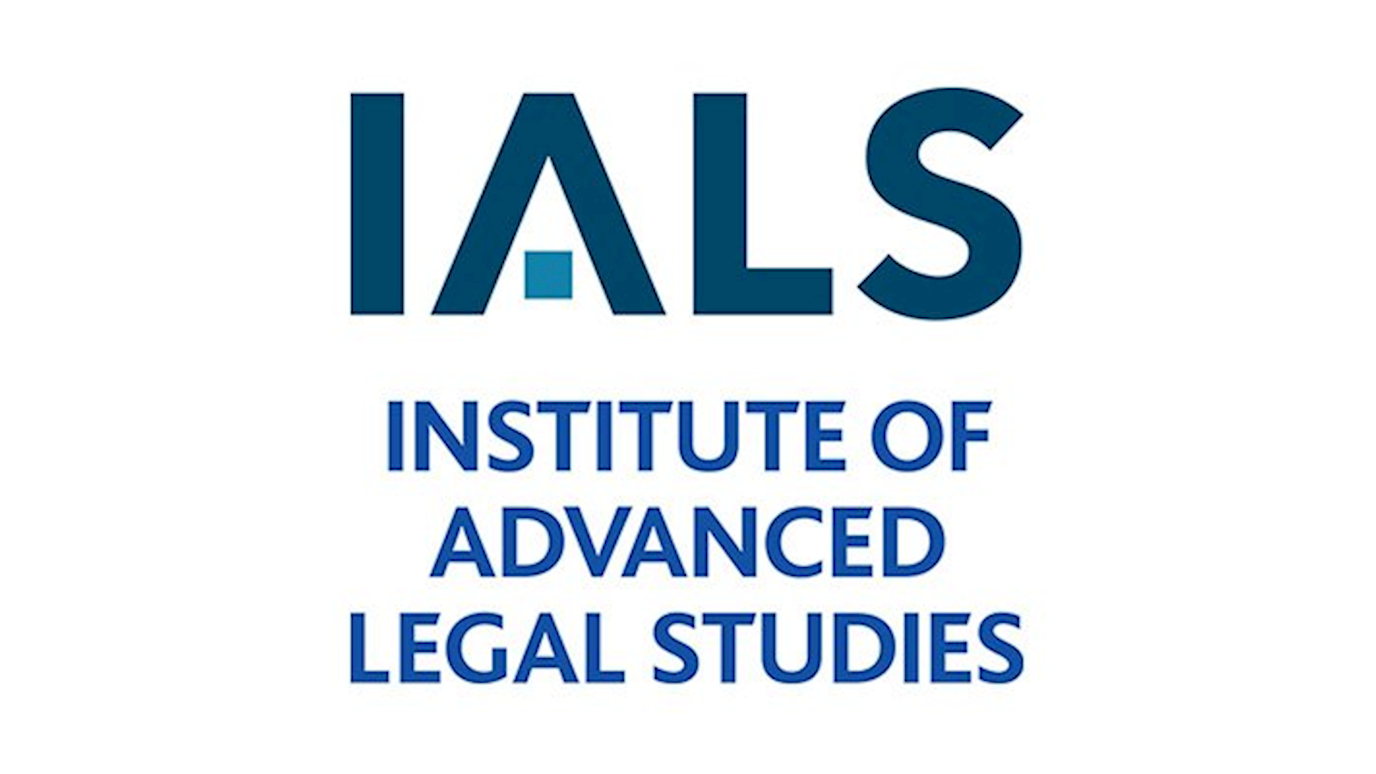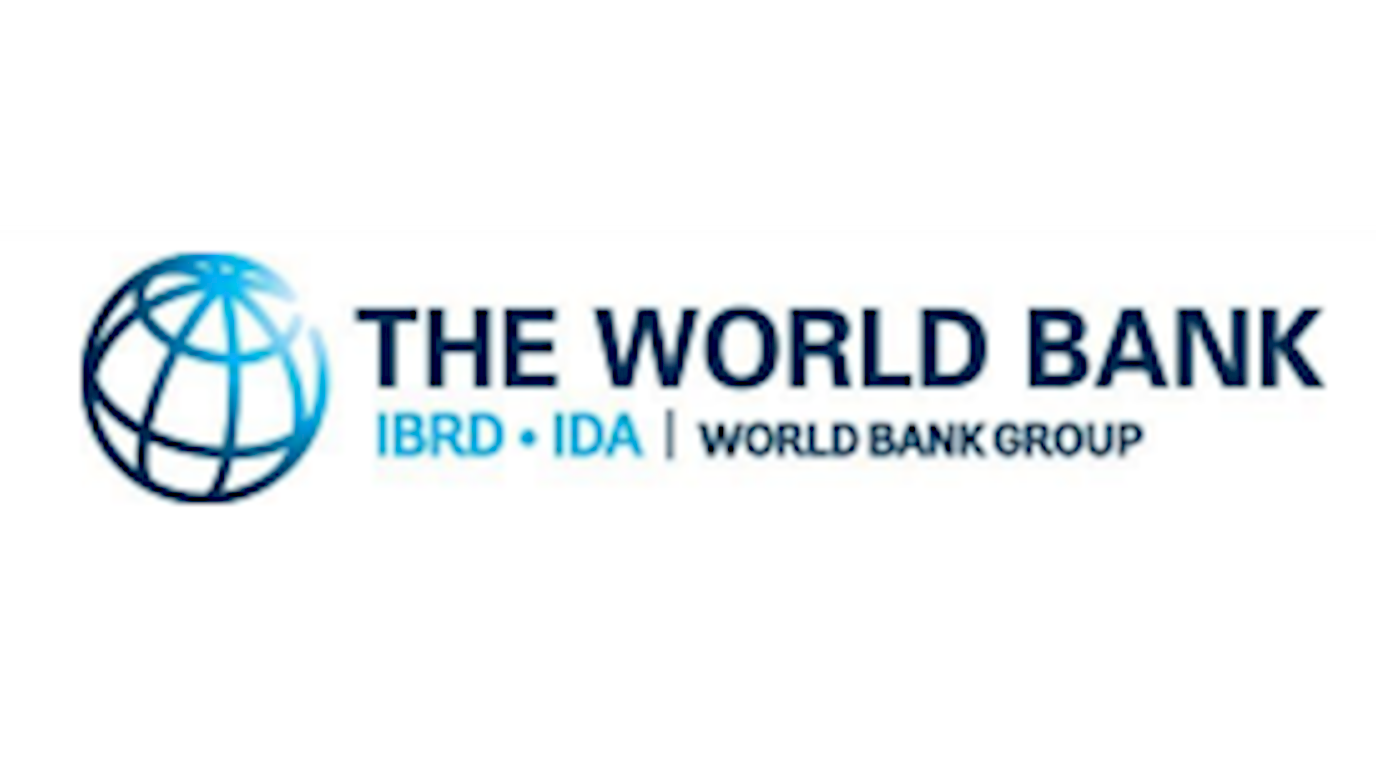On the 27th of November 2023, Dr Malak Benslama-Dabdoub was invited to speak at the workshop 'Refugee Communities in the Middle East - Protection or Discrimination? A Critical Perspective' organised by the (B)Orders Centre at Queen Mary University of London.
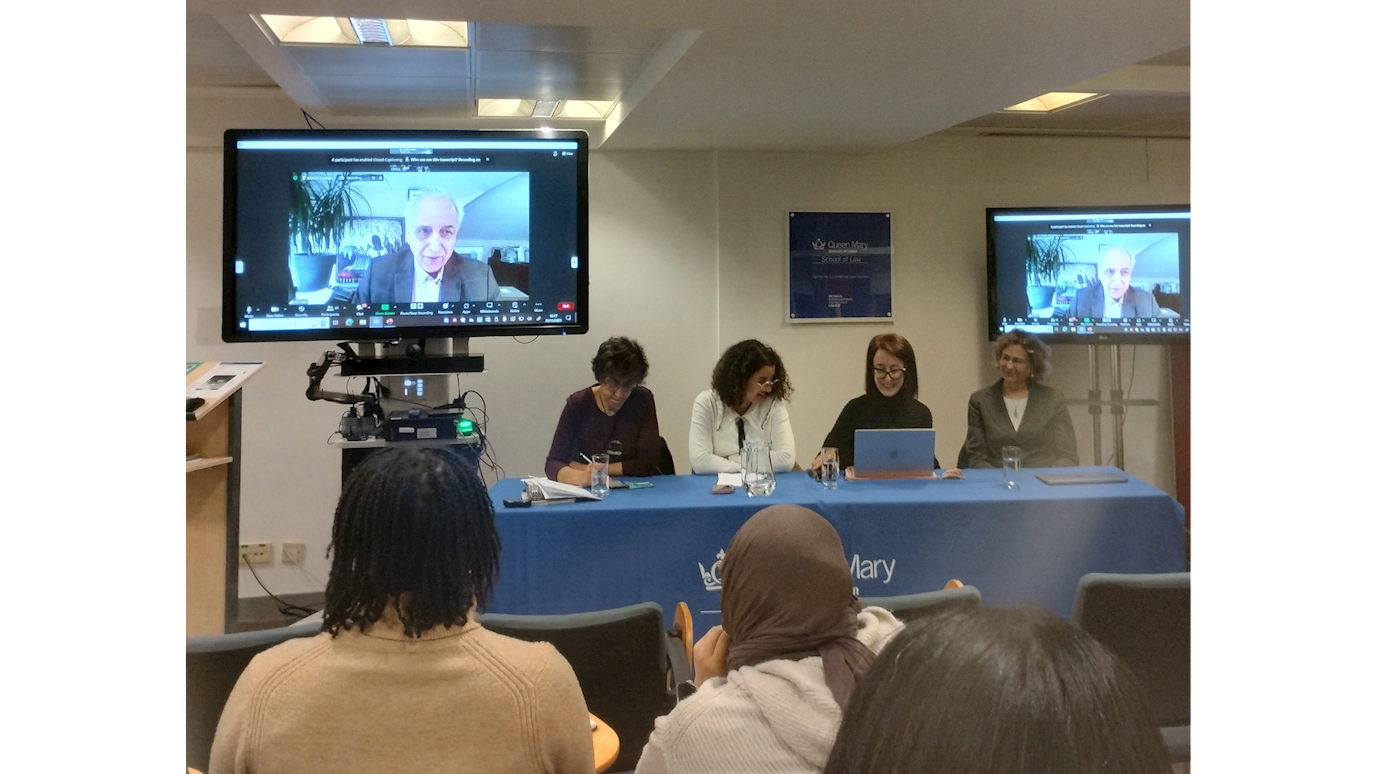
Dr Malak Benslama-Dabdoub participated in the workshop 'Refugee Communities in the Middle East - Protection or Discrimination? A Critical Perspective' organised by the (B)Orders Centre at Queen Mary University of London.
The other speakers who spoke at this event were:
- Professor Susan Akram (Boston University)
- Professor Dallal Stevens (Warwick University)
- Professor Violeta Moreno-Lax (Queen Mary University of London)
- Professor Michael Lynk (University of Western Ontario / former UN Special Rapporteur for the Human Rights in the Palestinian Territories occupied since 1967).
This workshop brought together academics specialised on the rights and realities of refugee communities in the Middle East. The purpose is to critically assess and debate unfolding events as well as the effects of ambivalent policies implemented in the region by States, UN agencies and the international community at large.
On consideration of current developments in the region, this workshop reflected on how forced displacement and discrimination converge in the context of refugee communities in the Middle East, exploring several important questions from a critical perspective informed by feminist theory and decolonial approaches to law.
Malak's presentation focused on Kurdish refugees in the Middle East and their struggle for the right to self-determination. She explained how, in the Kurdish case, ethnicity and discrimination intersect to create specific form of discrimination. She also explored the responsibility of colonial powers in denying Statehood to the Kurdish community, and the resulting consequences that these colonial legacies have created.
The recording of this event be published in soon.










